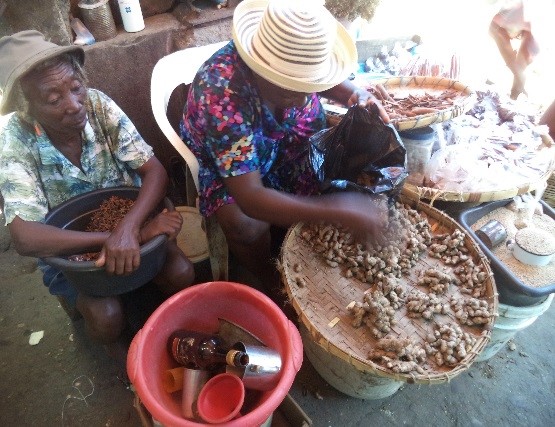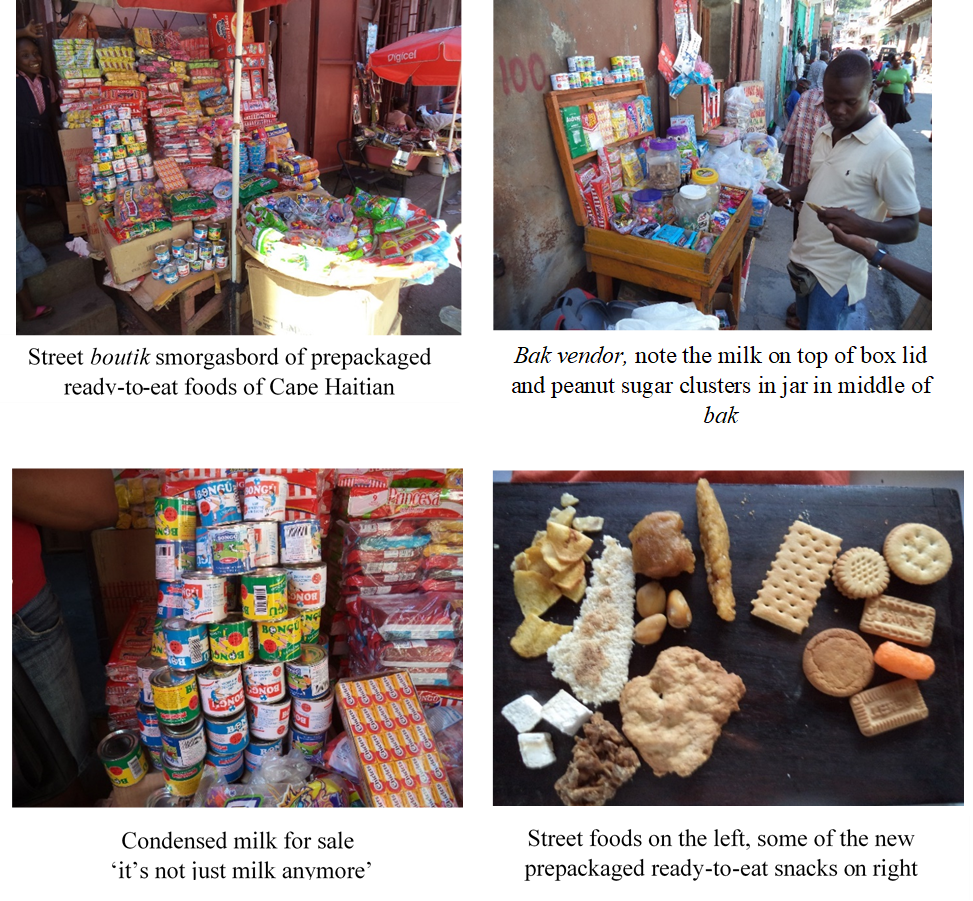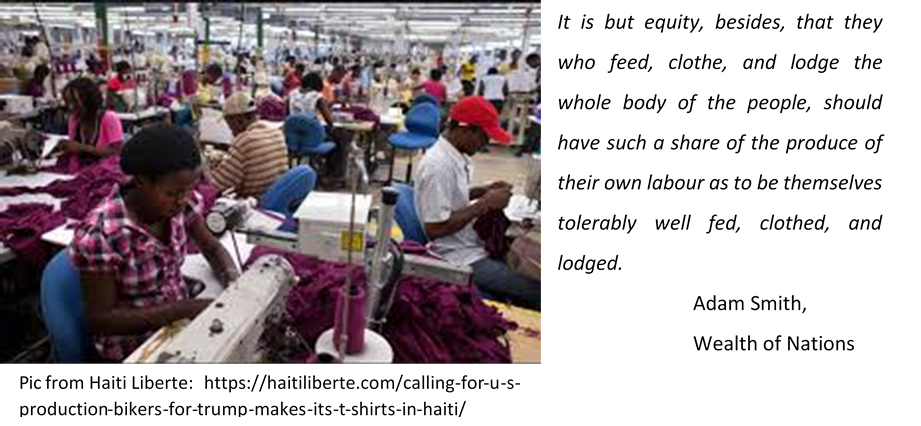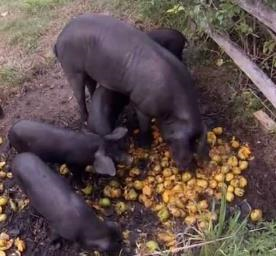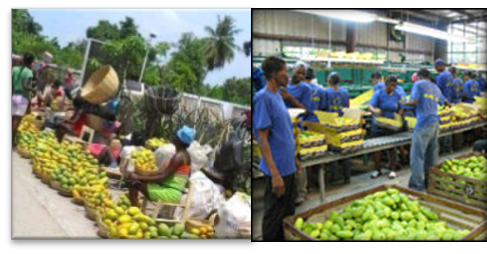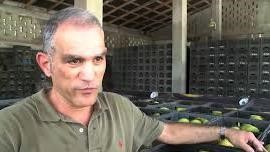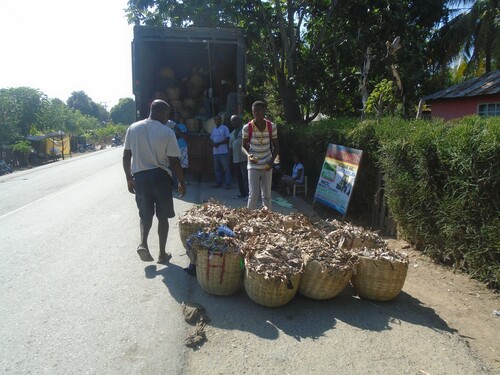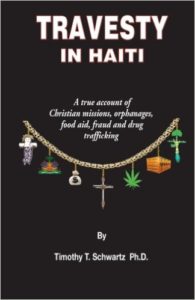Haiti Anthropological Brief: Land Tenure in Haiti and Myth of Land Insecurity
The most cited explanations for the “failure” of Haitian peasants to invest in improving the land they live on– such as planting mango trees—are often the weakest explanations. And perhaps the most cited reason of all—and the most mistaken– is land insecurity, or what 30 years ago one of Haiti’s most consulted consultants, Gerald F.Read More
Anthropological Brief: Occupational Multiplicity in Haiti
In addition to engaging in a vibrant internal rotating marketing system and integrated household livelihood systems that include a wide variety of crops, livestock, and harvesting of fruit, lumber and charcoal from trees, rural Haitians everywhere also exhibit what anthropologists refer to as ‘occupational multiplicity’, meaning a surfeit of specialties, such as housebuilding tasks likeRead More
The Haitian Market System
There are two principal market channels in Haiti by which food reaches consumers: the informal internal rotating marketing system that evolved dealing principally in local produce, and the formal import economy that evolved in association with imported goods. These two principal market distribution channels supply a third channel, the increasingly important food preparation specialists. AnyoneRead More
Prepackaged Industrial Snack Food Industry in Haiti
Imported snack foods are another solution to what I have defined elsewhere as the Food Preparation Conundrum (The Storage problem, The Water Problem, The Fuel Problem, The Labor Problem) that has come about with rapid urbanization of the past 50 years. They are inexpensive, ready to eat, available everywhere, have a long shelf-life and areRead More
Fair Wage in Haiti (Academic Version)
First published as a report commissioned by the ITC (International Trade Center/Ethical Fashion Initiative, November 2012) INTRODUCTION This white paper examines the concept of a “fair wage” in the context of the cost of living and the prevailing wage scale within in Haiti. It concludes with a recommended wage scale for the artisan sector. FAIRRead More
Mangos (TechnoServ/USAID/Coca Cola/IDB 2015)
This is an evaluation of Haiti Hope Mango Project, supported by USAID, Coca-Cola, and the IDB and implemented by TechnoServe from 2011 to 2015. The research was conducted under the auspices of Socio-Dig, a Haiti-based research company. I think the research is particularly useful for anyone interested in the Haiti agricultural sector and especially exports. The reportRead More
Irony of the Exports: Superiority of the Local Market for Haitian Mangoes
A closer look at evidence and trends in the market suggests that the local market for mangos is better than that of the export market. It offers producers more money. Indeed, to get mangos from producers, the exporters, their voltije and fourniseur agents have to resort to trickery and financial advances on trees 9 monthsRead More
Lying Sack of Mango: Travesty of Export Prices
This article summarizes how USG funded aid agencies and contractors have manipulated price data to make it appear that they have improved the export market chain price for mangoes. As seen below, they’ve rather boldly misrepresented their own data to make their case.
Belying Basket of Mango: TRAVESTY OF EXPORT VS. LOCAL MANGO PRICES Part II
If we consider the value of a panye (basket) in terms of a poor market woman selling mangoes in the local market, where 95% or more of all Haiti’s mangos get sold, there is clearly a price floor at which point it makes no sense to harvest and sell mangos. There is a point whereRead More
Cheaper by the Dozen Mango Travesty I
It is not at all what NGOs or Haitians mean–any of them—when they say “dozen.” Not those in the mango business anyway. First off, for the poor Haitian producers, they do not measure in weight and they seldom measure in number. They measure in volume. Hence when trading locally in mangos they do not useRead More


